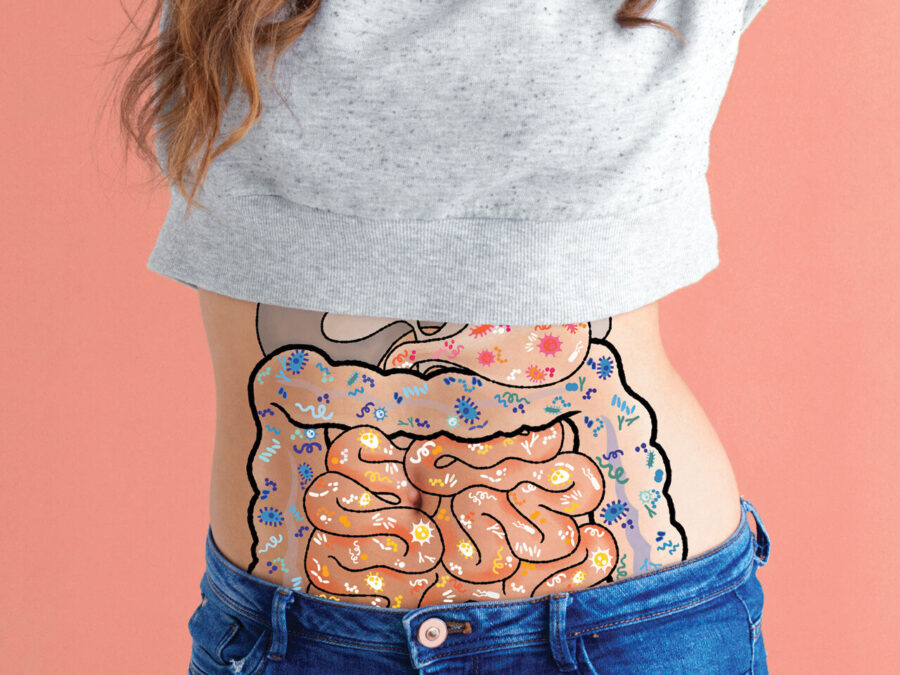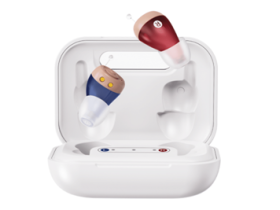Recent investigations ensure that the bacteria that inhabit our intestines not only perform specific functions to maintain the excellent condition of the human stomach and related organs. Despite the first surprise that may invade us, they also influence the brain’s health.
Thus, we must not forget that intestinal bacteria transplants have already been carried out to eradicate diseases and infections in the stomach and, more importantly, with a success that has left any doubt out of place. But, not content with such an achievement, different groups of scientists have dared to put a stop to ailments related to psychiatry and the neurological field. Either through the transplants mentioned earlier or via diet or probiotic nutrition, which includes specific micro-micro-organisms even, the proposed goal: is neither more nor less than raising the well-being index.
In other words, the experiments support that intestinal microorganisms can modify the brain’s chemical balance. Moreover, it has been proven that when faeces from humans suffering from depression are introduced into mice, the rodents develop disease symptoms. In addition, in our species, links have also been discovered between psychiatric pathologies such as anxiety or autism with gastrointestinal diseases.
As Yolanda Sanz, CSIC researcher and coordinator of the My NewGut project, an initiative funded by the European Union to study intestinal bacteria, explains, “studies have already been carried out in humans in which the microbiota of healthy people is compared with that of others who they have a certain disease, and it has been seen that by modifying the intestinal ecosystem or its functions, anxiety states can be reduced”.
Likewise, the scientist alludes to a factor that we all know firsthand: the state of our emotional framework and its impact on the intestine. Or is it that nobody remembers that, for example, a specific situation overwhelms us, and we are left breathless? Or does the pit of our stomach close? And who eats when an annoyance or a severe concern surrounds him? Sanz corroborates what we are all thinking: “in people with gastrointestinal disorders, such as irritable bowel syndrome, it has been observed that they have problems such as anxiety or even depression; while, in patients with mental disorders, it has been seen that half had problems in the digestive system”.
However, despite all of the above, the question arises as to what came first, the chicken or the egg. Yolanda Sanz adds in her comments that it is not yet known what the cause is and what the effect is in the binomial intestine/mind and that, to discover it, it will be necessary to resort to prebiotic or probiotic bacteria, which can modify the balance of microbes that regulate the difference between health and disease.
But it is still early to achieve the desired victory since the knowledge that the scientific community currently possesses in this regard – the intervention in the microbial system – is still scarce. The CSIC researcher indicates that “some publications show that some probiotics can reduce anxiety, but they are small studies that have not been reproduced for the most part. It is early to make generalized recommendations because the complexity of the intestinal ecosystem is very high, and to think that with a single bacterium, we are going to solve the problem is simplistic. So we must consider modifying the ecosystem with more comprehensive interventions.”
On the other hand, it is good to add that a series of studies recently published by the journal Science affirms that an optimal state of health could be based on greater bacterial diversity in the intestine. In other words, this diversity would increase with the consumption of yogurt or coffee, while this microbial variety could decrease with the intake of antibiotics or anxiolytics. However, Vicent Balanzá, a researcher at the Center for Biomedical Research in the Mental Health Network at the University of Valencia, points out that “we are dealing with a promising field, but it is still incipient.”
In this sense, it should be noted that the symptoms of depression may decline with the introduction of probiotics, but the results are yet to be confirmed. What is certain, as Balanzá details, is that “we have scientific data that a good diet, such as the Mediterranean, increases the diversity of the intestinal microbiota and has anti-inflammatory effects.” However, given the wide range into which psychiatric ailments are divided, a single treatment cannot be established. “In the case of depression, we know that a third of patients have leaky gut, but we do not find this syndrome in all people with depression.”
In any case and conclusion, Balanzá adds that “interventions in psychiatry can be carried out with treatments that have usually been included in the bag of alternative medicine, such as diet, exercise or adequate sleep patterns.” So let’s see if it’s true, and by following these small health and well-being guidelines that we can all assume, we move away from one of the worst nightmares that affect the human being of the 21st century: depression and lack of encouragement.








Leave a Reply